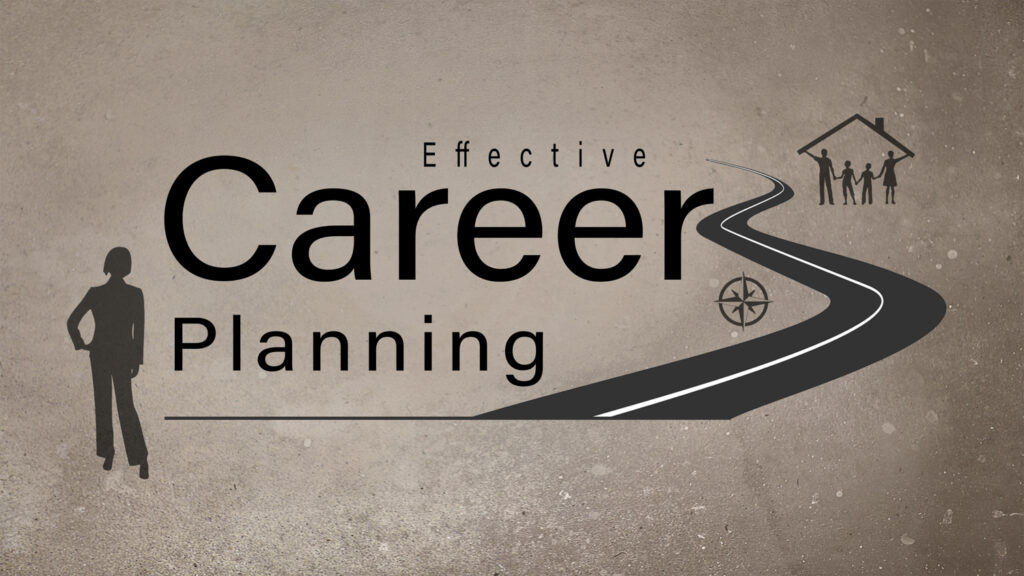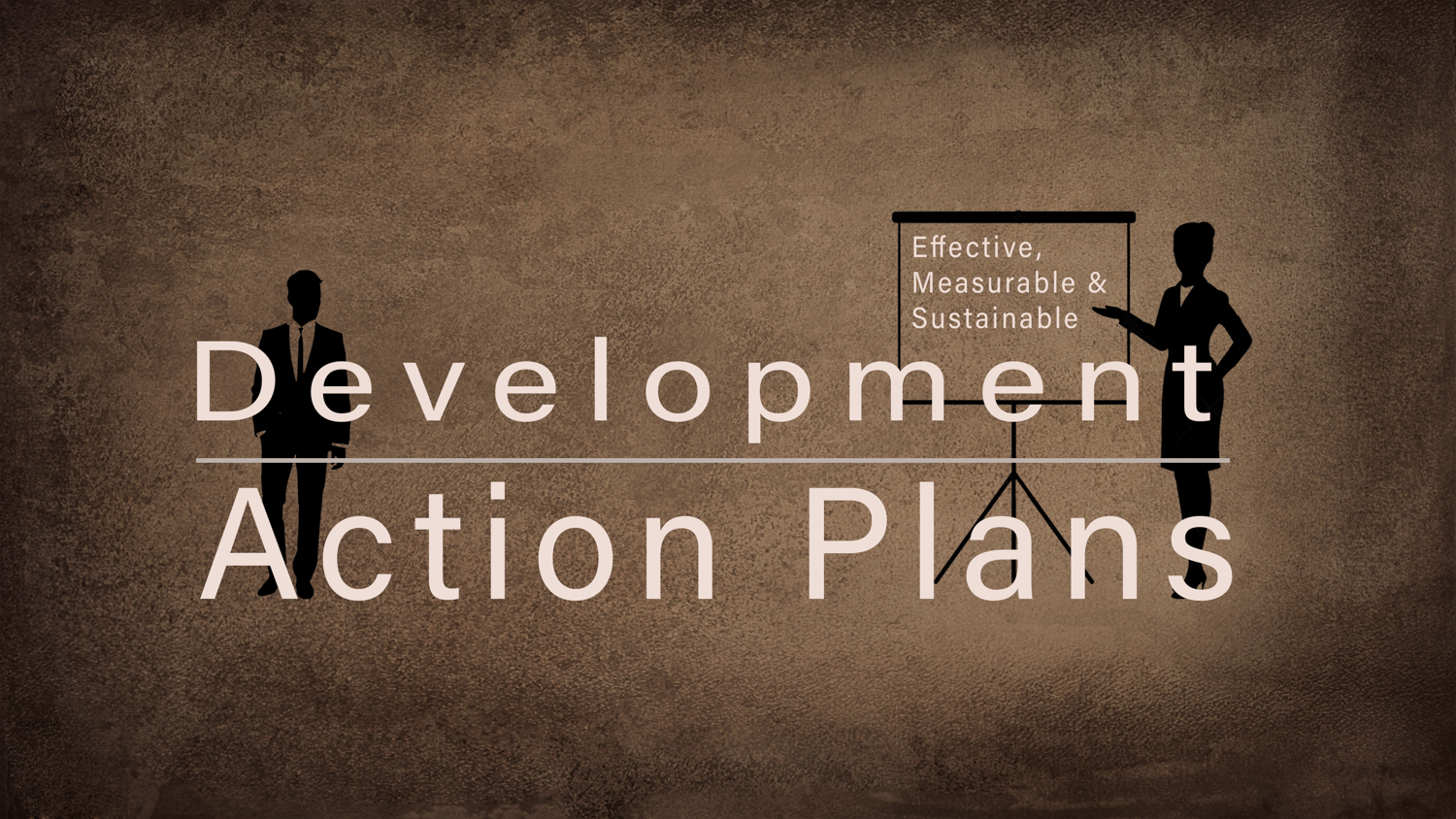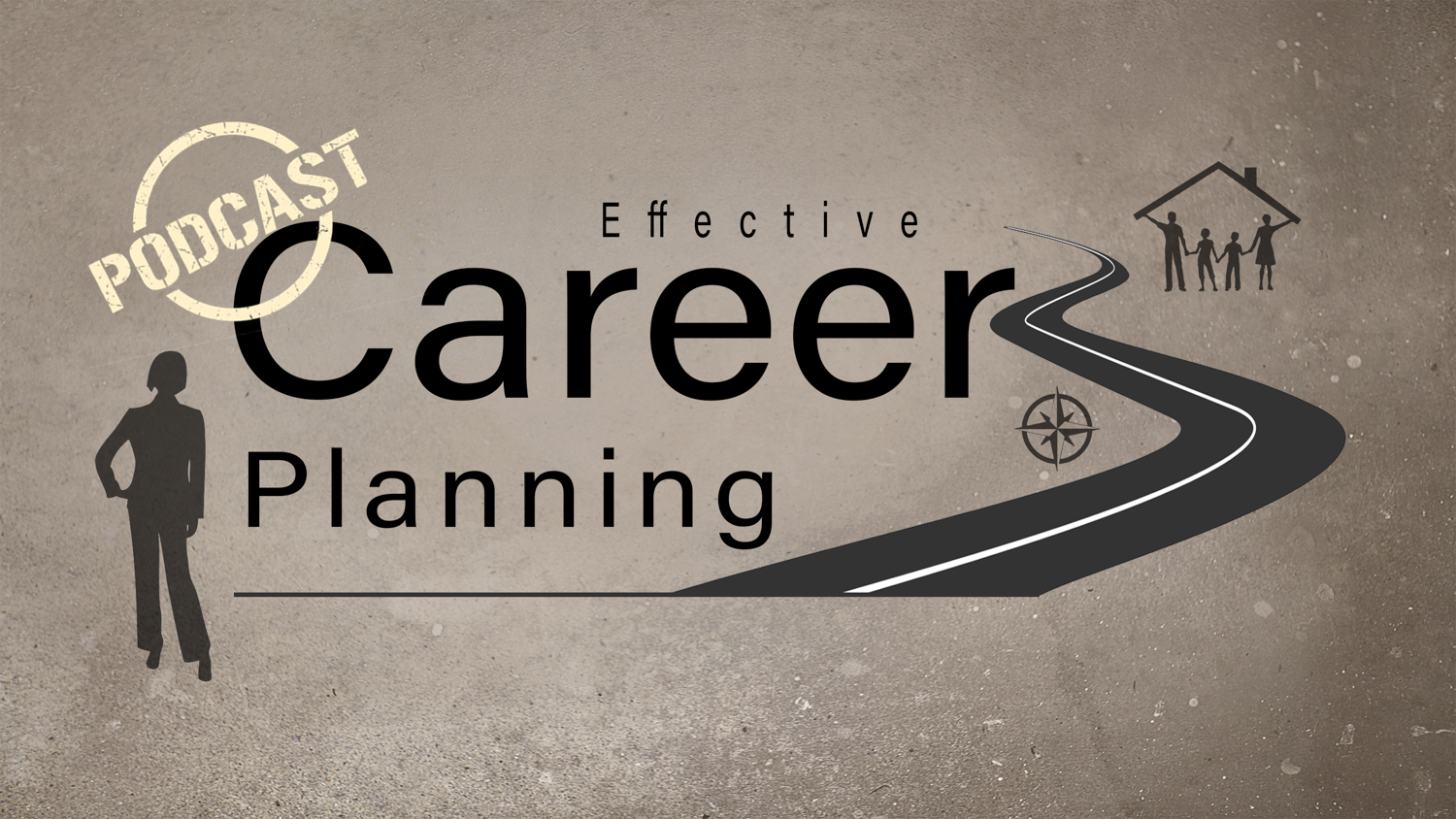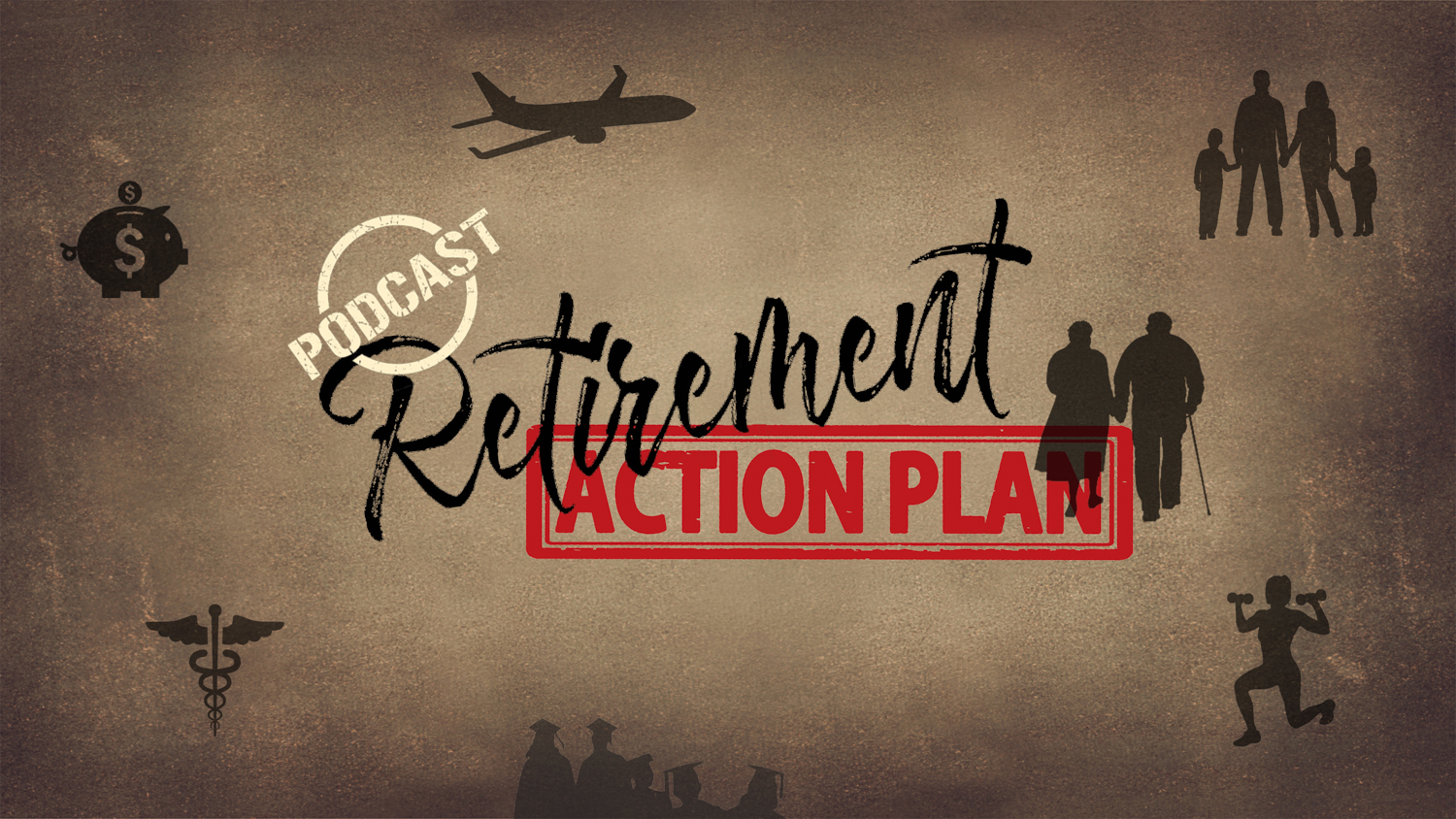The voice on my cell phone said “recalculating!” Before leaving my home that morning, I had entered the address to my doctor’s office into my cell phone’s mapping app. I was on my way when I decided to take a different route. The software instantly realized that I was not adhering to the original route, and it informed me that I was off course. It kept trying to get me back to the original route, but I ignored the instructions because I wanted to go through a more scenic route this time. The voice was adamant, and she kept repeating “recalculating” at every missed opportunity to get back on track. Soon I realized why she was so adamant. The route I had chosen was under construction and had I stuck to the original plan I would not have risked being late.

How often have you made a decision to exit your career plan and take a different route? Or, perhaps you don’t have a career plan and therefore you are making up your own career route as you go. Research shows that we are twice as likely to achieve our objectives if we set goals and plan a route to get there.
Start with The End in Mind
Many of the people I coach look at their careers as a series of jobs that begin with their current job. They often weigh the next job opportunity using a short-term mindset. Sometimes they ask me whether I think they should take the job that is being offered to them. Sometimes they are lost, and they want me to recommend a direction they should take their career. My usual response is “where are we going?” and “what is the long-term plan?” It is surprising to see how many people are navigating through their careers without an end-goal in mind.
Plan for Independence
Not everyone wants to be independent from an employer, but I have not met the person yet that wants to work until they die. Most of us want to carve out some time to enjoy life without the rigor and stress of a traditional workday. You are probably one of those people that can’t wait until that day arrives. Do you have a good idea what you want to do when your personal independence day rolls around? If you do, I bet it’s going to be a lot more fun and exciting than you are having right now. The question is, have you set a goal, and do you have a plan to get there?
Planning Dependencies
Before you can begin to plan your career, you need to have a life plan, a family plan, and a financial plan (which should include a retirement plan). Without these plans in place, your career plan makes little sense. Each one of these plans supports the other, and you need to be aware of the dependencies in order to make all the plans work together.
Your long-term financial and retirement plans are highly dependent on your career plan and how much money you will earn each step along the way. Your family and life plans are highly dependent on your financial plan. You probably have a good idea of what kind of lifestyle you want but, if you are like many people, you have little idea how you are going to get there. By the way, there is no right or wrong lifestyle. It’s the lifestyle you are comfortable with that is important.
Career Planning Elements
Armed with your life, family, financial and retirement plans, you can now begin to plan your career. There are Eight elements you should consider when planning for your career.
Strengths – Career planning should take into consideration your strengths. You can maximize your value if you are good at something. Think of an athlete who can either throw a baseball with a high degree of accuracy or run a 100-yard dash at world-record speed. These athletes will be paid more for something they are good at than in a sport that requires development. Remember Michael Jordan’s foray into baseball? One of the best basketball players of all time struggled to make the major league.
Experience – Leverage your accomplishments and build upon them. This is particularly true if your experience and your strengths are aligned. Maximize your valuation by combining the two. If you are good at sales and you have a fabulous record in sales, then you might realize a higher degree of success by continuing in that direction. There were times in my career that I wanted to do something else but either I was not good at it or I didn’t have the right experience, so I leveraged my strengths and experience instead.
Values – Your values should play a prominent role in your career plan. Your work values are a subset of your personal beliefs and they should be related to your job. These values are who you are as an individual and they define your true north. For me, these included working in an ethical environment where people respect each other, where hard work was recognized and rewarded and where politics and hidden agendas were not the norm.
Motivators – Motivation plays a big role in workplace engagement so it should play a big part in your career plan. Think back to a point in your career when you were highly motivated and engaged. Perhaps it was during a specific job, task or project. Look for patterns of motivation during those times and use them to define what jobs or careers contain those engaging features. Explore those areas and find a job where you can be truly engaged.
Preferences – Each of us has a different set of preferences. Some people like to travel while others prefer to remain stationary. Some people like to work remotely while others need to be embedded with a team. You may prefer to have high customer contact, or you may prefer to work behind the scenes. Whatever your preferences are, they should also play an important role in your career plan.
Obligations – Many of us have obligations outside of work that will impact our career plan. Sometimes these responsibilities inhibit certain types of work. Years ago I was offered an opportunity to lead a business abroad, but I was worried that my aging parents would need me and I wanted to be able to spend more time with them. In certain cases you may have obligations outside of work and family that should be considered in your planning process.
Earning Potential – Your current lifestyle and your long-term lifestyle goals are directly tied to your earning potential. Identify which career path will give you the earning potential you need to satisfy the lifestyle you are seeking, particularly the lifestyle you want to live when you reach independence. Understand the earning potential and build that into your financial and retirement plans.
Achievements – Many of the people I work with have career ambitions and specific achievements they want to realize in their life. There is no right or wrong answer here, it’s about what you want to do and what you want your legacy to be. Some have lofty goals while others are content in their job grade and career path. Ambition is a personal choice. Don’t let anyone tell you otherwise.
TIP: If you are struggling to figure out your strengths, values, motivators and preferences, you might consider leveraging the Hogan Leadership Forecast Series assessment. This assessment is a great way to reflect on who you are, and it will help you plan your career. Reach out to me for more details.
Putting it All Together
Once you have reflected on the eight elements, it’s time to put the plan together. Starting with where you are today, mark the next couple of jobs making sure that you are keeping the long-term plans in mind. Leverage your coach, mentor or manager to help think through the options and how each step will help the next one.
TIP: For those of you who need a bit more help organizing your thoughts, I have created a worksheet to help you document the eight elements which will serve as a guide for your career plan. You can download it for free on my website.
Your career plan along with your financial and family plans are building blocks of your life plan. Remember that each is dependent on the other, and it’s a fragile ecosystem that requires a lot of reflection and sound decision-making. Once you’ve made a plan, stick to it and remember that each time you take a wrong turn, you should hear that imaginary voice saying “recalculating.”
I hope this article was helpful and that you will be able to map out your career that achieves your life plan. Drop me a note in the comment section below or through the Contact Me page if you have any questions.
Thanks,

© T. Kahler Coaching, LLC, All Rights Reserved.


